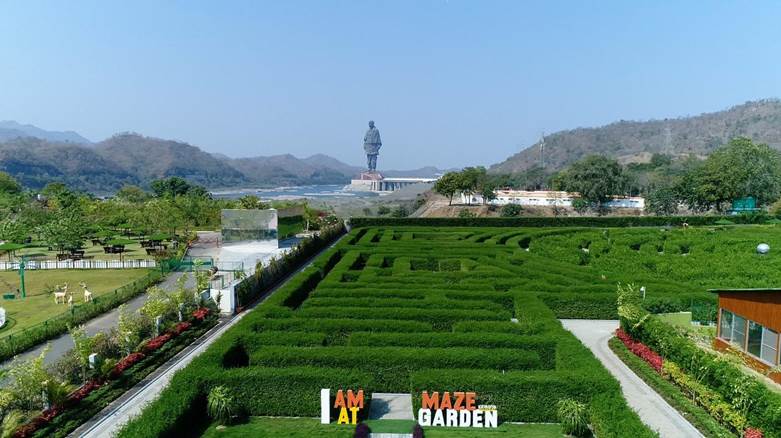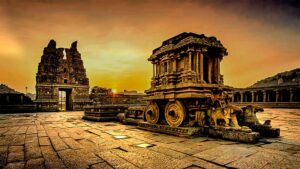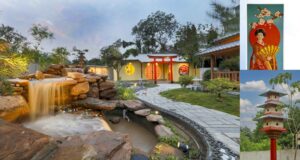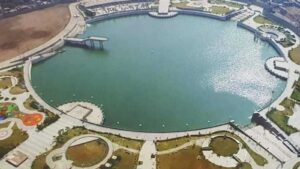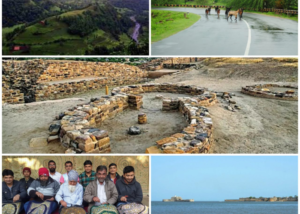Miyawaki Forest
Till date, Kevadia was the main attraction for the world’s largest statue i.e., the statue of unity but now it has become home to many fascinating spots such as the Boating spot, Valley of flowers, and Jungle safari park. Two more places namely adding to the elegance involve Miyawaki forest and Maze Garden. These were recently inaugurated by PM Modi on Sunday 30th October. These newly added tourist attractions are expected to bring a large number of tourists to the Narmada district.
Miyawaki forest is developed with a technique pioneered by Japanese botanist Akira Miyawaki that helps to build a dense, native forest in a short time. It has revolutionized the concept of urban afforestation by turning backyards into mini-forests. This method includes planting trees as close as possible in the same area which not only saves place, but the planted saplings also support each other in growth and block sunlight from reaching the ground. The saplings become maintenance-free (self-sustainable) after the first three years. The approach is supposed to ensure that plant growth is 10 times faster and the resulting plantation is 30 times denser than usual. Through this method, a forest can be developed in just two to three years while it takes at least 20 to 30 years through the traditional method.
Miyawaki method
Akira Miyawaki concluded that a natural Japanese temperate forest should be mainly composed of deciduous trees. These trees are still present around tombs, where they have been protected from exploitation for religious and cultural reasons. Miyawaki found that the current forest vegetation of Japan had moved away from potential natural vegetation due to introduced species. He noted that conifers, which became dominant in many forests, are actually an introduced species and were naturally present only at high altitudes and extreme environments, such as mountain ridges and steep slopes. They had been planted there for centuries to produce more timber.
Using this methodology, we create a native urban forest ecosystem much more quicker. The plant community works very well together and is perfectly adapted to local weather conditions. The forest thus structured delivers many benefits in the form of ecosystem services.
It would take about 200 years to let a forest recover on its own. With the Miyawaki method, a similar result is achieved in 20 years.
Mniyawaki method process
1: Examine the Soil Texture and Measure Biomass
2: Select Native Species for Plantation
3: Prepare the Ground and Equip the Forest Area
4: Start the Plantation Process
5: Take Care of the Forest for the Next 3 Years
The Miyawaki method gives a stepwise procedure for restoring native forests. The care given during the initial years of planting ensures that the majority of the saplings planted survive and the forest ecosystem is established in a fraction of the time taken for forests to develop naturally.
This method is used to create Urban forests. Miyawaki urban forests are captivating complex ecosystems, in balance with today’s soil and climate conditions. This technique works worldwide irrespective of soil and climate conditions.
Miyawaki method importance
To address today’s environmental issues, this technique for quickly growing dense forest plants would be quite helpful. To preserve life on the planet and repair harm caused by humans, it is seen as essential to preserve biodiversity and native plants, decrease extinction rates by building habitats, enhance environmental quality overall by expanding forest cover, and use trees as a buffer against natural calamities. The Miyawaki Method is one of the most effective tree planting methods for creating forest cover quickly on degraded land that has been used for other purposes such as agriculture or construction. Being capable of rapidly establishing diverse, healthy forests could be crucial in fulfilling international targets and addressing these concerns in light of the current climate change emergency and alarming warnings about worldwide biodiversity loss.
–An article by Stuti Shukla

